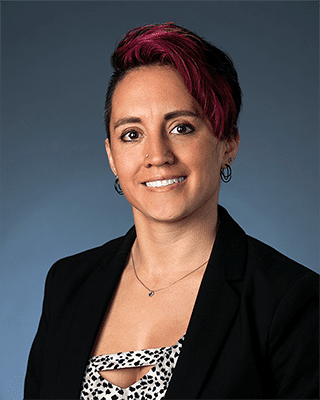You will need to continue paying your mortgage during divorce proceedings, at least until you know the final decision and who will gain possession of the home.
You may be able to get temporary orders for possession of the house, and even financial support to help you make the mortgage payment if you are living there with your children but cannot make the payment.
If neither you nor your spouse can make the payment on your own, you may need to consider agreeing to sell the house.

Possible Outcomes After Your Divorce
There are several possible outcomes in a dispute over the marital home. It can be sold, it can be retained by one or the other party.
One spouse may have a better ability to maintain and afford the marital home while the other is the primary parent to the children and wants to keep the kids in their own home.
While most people do not want to consider it, sometimes the best option is to sell the home and free up cash for both parties to move on.
This is an especially good idea if you cannot afford the mortgage payment on your own and need the cash to establish a new apartment or home.
We Both Want the House
As your divorce becomes final, you and your former spouse will either agree to what needs to happen with your home and its mortgage, or the judge will rule on a permanent plan you will need to follow.
If you leave the decision to the judge, there are a few options, but generally, the result is either:
- One party keeps the house.
- You sell the house and split the proceeds.
A court might consider permitting one party who has majority parenting time to remain in the family home, so the children can continue to attend the same schools, play with the same neighborhood friends, and play sports in the same recreational leagues.
What Happens to the Mortgage When One of Us Gets the House
You do not want to be in a situation where you live in the house but cannot make the mortgage payment, where you are in a position to depend on a former spouse to pay the mortgage or pay you on time.
It is also important to request that the party remaining in the house refinance the mortgage obligation to ensure there is no future liability. Signing a deed to transfer title does not release you from the mortgage obligation.
Complications If Your Name Remains on the Mortgage
If you sign and record a quit-claim deed, your name remains on the mortgage; therefore you are still legally responsible for that debt.
This can make it difficult to rent an apartment or apply for another mortgage.
Talk to a Denver Divorce Attorney About Your Concerns Today
If you have questions about equitable distribution in a Colorado divorce, or if you need help fighting for your Denver home, reach out to Shapiro Family Law today.
Our attorneys offer individual attention and compassionate counsel but also advocate for our clients vigorously.
We can help you navigate even the most complex family law concerns. You can feel confident with our lawyers on your side. We work diligently to ensure you get the assets you deserve no matter how contentious your divorce is.
Call us today at 303-695-0200 to learn more about how our Denver divorce lawyers can help you.



